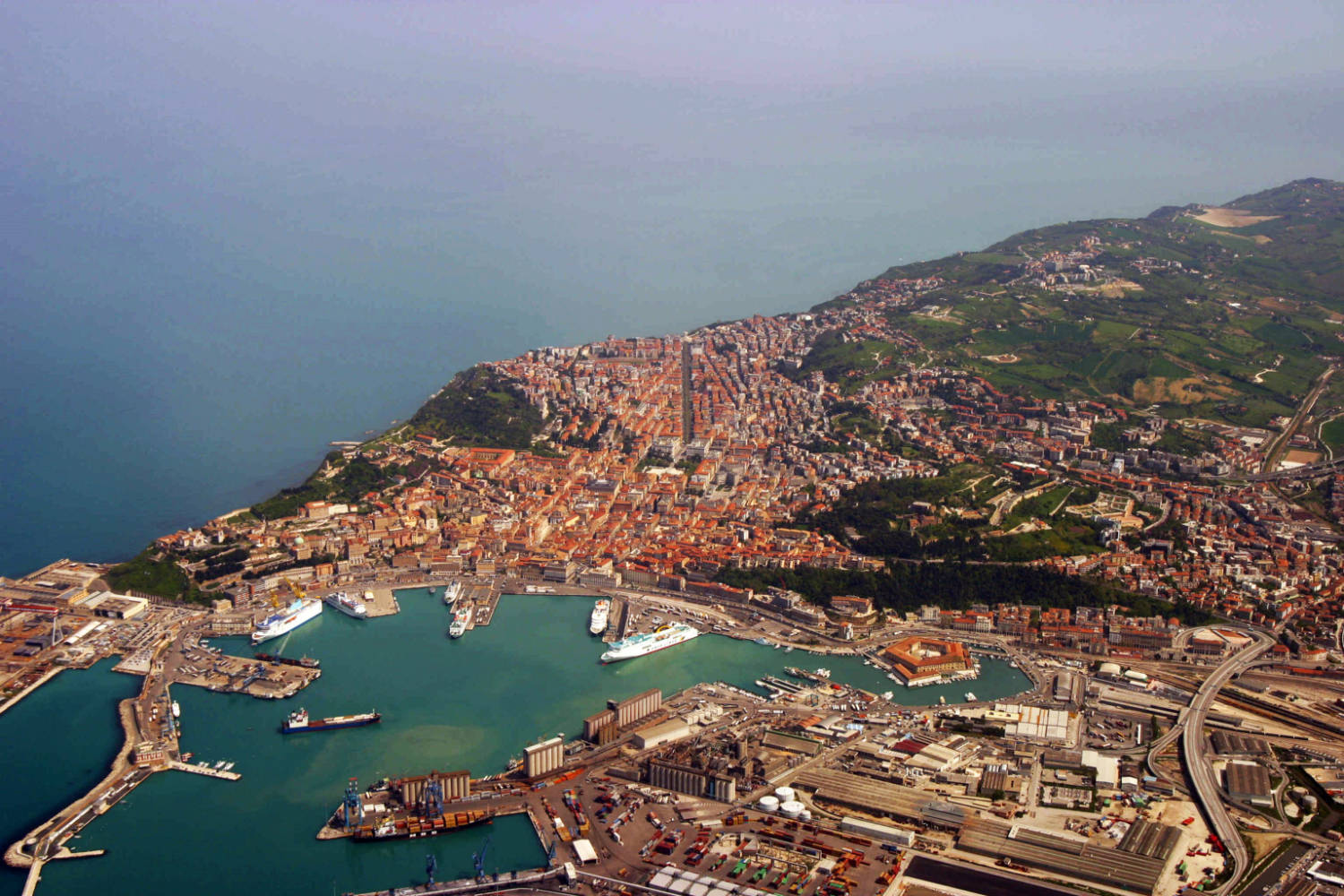ADRIATIC IONIAN COUNCIL – 10TH EUSAIR FORUM – CRETE, 6-7 MAY 2025
The 10th Annual Forum of the EU Strategy for the Adriatic and Ionian Region (EUSAIR) was held in Georgioupolis, Crete, on 6–7 May 2025, under the slogan “Bridging Horizons: Strengthening Cooperation, Resilience and Cohesion in the Adriatic-Ionian Region.” Organised by the Hellenic Republic, the Forum marked a pivotal milestone in regional cooperation, bringing together over 400 participants from across the Adriatic-Ionian Region—including government officials, regional and local representatives, entrepreneurs, researchers, civil society, youth, and international partners.
The Forum served as a key platform for exchanging ideas and promoting solutions for sustainable development, improved competitiveness, and stronger social cohesion across the region. It also celebrated the Strategy’s 10th anniversary and coincided with the submission of the Revised EUSAIR Action Plan to the European Commission for formal adoption. The new Action Plan reflects the Strategy’s evolution in response to today’s geopolitical, environmental, and socio-economic challenges and reaffirms the EU’s commitment to enlargement and regional integration.
Within the broader context of the Forum, the Adriatic Ionian Council / EUSAIR Ministerial Meeting was held, culminating in the adoption of the Crete Declaration, which reflects common achievements and outlines future priorities. The Declaration reaffirms the participating countries’ commitment to the enlargement process, recognising it as a geostrategic investment in peace, stability, and prosperity. It also emphasises the importance of stronger political ownership, institutional capacity, and the engagement of civil society and youth in the effective implementation of the AII/EUSAIR.
During the Ministerial Meeting, Ambassador Giovanni Castellaneta, Secretary General of the Adriatic Ionian Initiative, highlighted the need for unity and forward-looking cooperation in times of geopolitical uncertainty and renewed tensions. He reaffirmed that EU enlargement is not merely a technical process, but a strategic investment in stability, reform, and prosperity for the region. The Ambassador stressed that the AII, for over 25 years, has championed regional ownership and political dialogue, helping to anchor the Western Balkans within the broader European project. He warned, however, that delays and uncertainties in the enlargement process risk eroding trust and opening space for external interference, and called on the EU to remain focused on enlargement—not as a concession, but as a strategic imperative.
Ambassador Castellaneta also underlined the role of civil society and the importance of the three Fora (Chambers of Commerce, Cities, and Universities), which the AII continues to support as essential tools for bottom-up integration, citizen engagement, and local cooperation. He recalled the importance of the Parliamentary Dimension of the AII, whose next high-level meeting will take place in Ioannina on 22–23 May 2025. Finally, he announced the upcoming 25th anniversary celebration of the AII, to be held in Ancona on 27 June 2025.
At the conclusion of the Ministerial Meeting, the rotating Chairmanship of the AII/EUSAIR was officially handed over from Greece to North Macedonia, which will lead the Initiative from June 2025 to May 2026.
The opening session of the Forum featured Ambassador Fabio Pigliapoco, alongside the Greek Deputy Minister of Foreign Affairs for Economic Diplomacy and Extroversion, Tasos Hadjivassiliou, Jean-Pierre Halkin from the European Commission’s DG REGIO, Panagiotis Tsichritzis, President of the Chamber of Commerce and Industry of Etoloakarnania and Vice President of the Forum of Adriatic Ionian Chambers of Commerce, representing Civil Society and other local and regional representatives. Ambassador Pigliapoco reiterated the political and diplomatic role of the AII, stating that the European Union remains incomplete without the Western Balkans, and reaffirmed the vital contribution of the civil society Fora in the implementation of the Strategy.
The 10th Forum also marked the first participation of the EUSAIR Youth Council, during the session “Empowering Youth for a Brighter Adriatic–Ionian Future.” The involvement of young people is now formally embedded in the Strategy, particularly within the newly introduced 5th Pillar – Improved Social Cohesion, which complements the original pillars: Blue Growth, Connecting the Region (Transport and Energy), Environmental Quality, and Sustainable Tourism.
Throughout the Forum, thematic sessions addressed regional priorities including green innovation, climate adaptation, connectivity, environmental sustainability, heritage-based tourism, digitalisation, brain drain, gender equality, and improved urban–rural integration. The Revised Action Plan introduces a comprehensive monitoring system and seeks to align EUSAIR more closely with key EU priorities such as the European Green Deal, Digital Transition, Cohesion Policy, Long-Term Vision for Rural Areas, and the Growth Plan for the Western Balkans.



